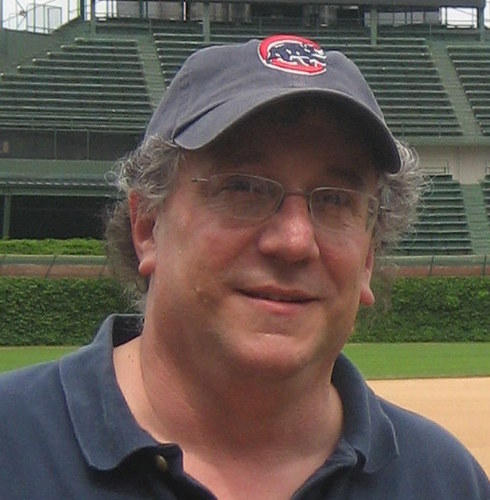
What did Korach say?
“All the people are holy
And G-d is with them”
Wasn’t Korach right?
Didn’t Adonai tell us
“You shall be holy?”
Numbers 16:3: “The entire assembly – all of them – are holy and G-d is among them”
Leviticus 19:2: “You shall be holy, for I, your G-d, am holy”
At first glance, Korach’s argument seems to make sense. But there are a couple of problems. First, G-d’s statement in Leviticus (at the beginning of the Holiness Code) is conditional … “you shall be holy”, not “you are holy.” Our holiness depends on fulfilling G-d’s commandments, acting in a manner that shows we know what it means to be created in G-d’s image.
A clue to another problem can be found in Numbers 16:11. In the Torah scroll we find a word in that verse spelled “Tav-Lamed-Vav-Nun-Vav” which we might expect to be pronounced “tilonu“. But when we read the verse, this word is pronounced “talinu” as if it were spelled “Tav-Lamed-Yud-Nun-Vav” According to The Kestenbaum Edition Tikkun (ArtScroll) the word as written means “you have complained” but the way we pronounce it means “you have incited” or “you have caused others to complain”. Korach and his “gang” not only complained, but incited others to join their complaints.
Numbers 16:11: “Therefore, you and your entire assembly that are joining together are against G-d. And as for Aaron – what is he that you have complained against him?”
Ed Nickow is a teacher and member of the Board of Trustees at Temple Chai, Long Grove, IL. This post is from his blog The Torah in Haiku.
Related Posts

Harnessing the Power of our Mothers Around the Seder Table

Melding Tradition and Innovation: Our Interfaith Toddler Naming Ceremony


